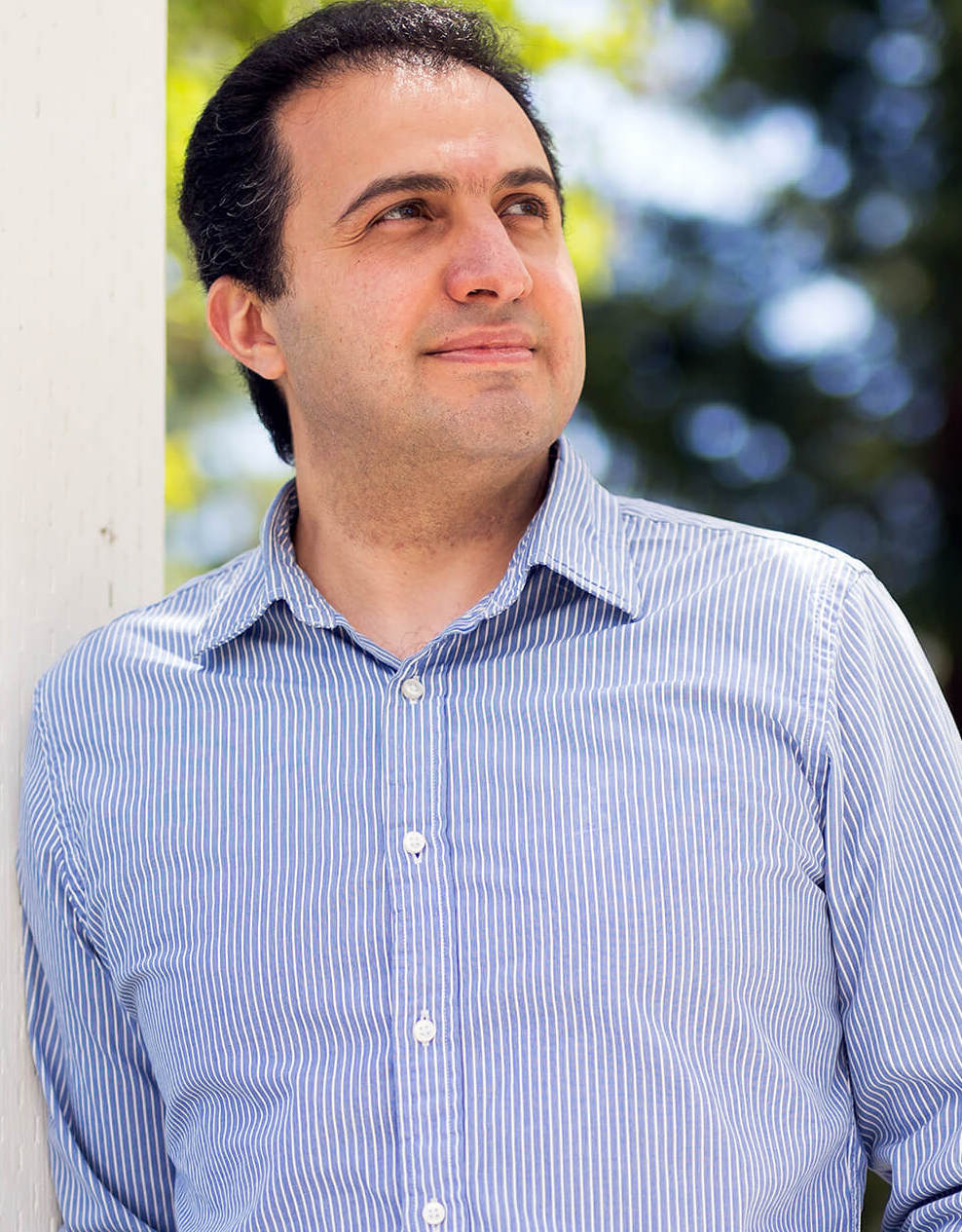
Hamed Firooz
I have over 14 years of experience delivering large-scale AI solutions and leading multi-year technology strategies. I’ve spent more than seven years managing research and engineering teams across multiple sites, driving innovation and impact in AI.
- Current position: Principal (Director) AI Scientist at Meta AI
- Education: PhD from University of Washington (UW)
Experience
-
2025 - Current
Principal Staff (Director) AI Scientist
Meta AIWIP
-
2023 - 2025
Principal Staff AI Scientist
LinkedIn Core AII have formed and currently lead a team of over 50 AI scientists and engineers to pre-train, post-train, and deploy a 150B+ parameter foundational model for LinkedIn’s personalization tasks at scale.
-
2018 - 2023
Sr. Staff AI Tech Lead Manager
Meta AILed a medium-sized team with diverse profiles, research scientists and software engineers. Our mission was to advance AI technologies to keep users safe online. My team built multimodal content understanding services used across many Meta integrity products.
-
2012 - 2018
AI and Machine Learning Engineer
MiscBuilt products and teams at companies that were acquired—roles and outcomes in my résumé.
Education
-
2012
PhD (Electrical Engineering)
University of WashingtonCompressed Sensing and Network Coding
-
2008
MSc
University of TehranPeer-to-peer networks